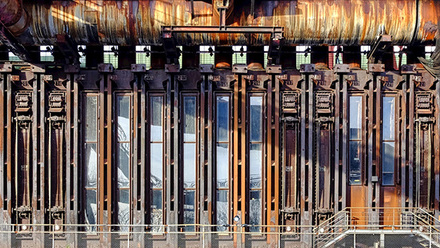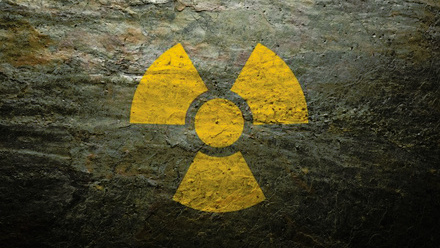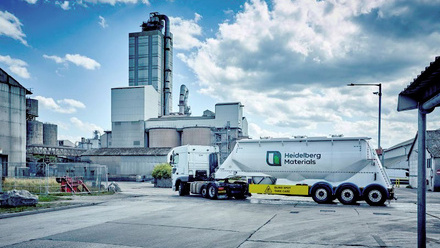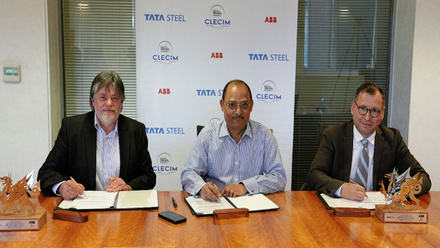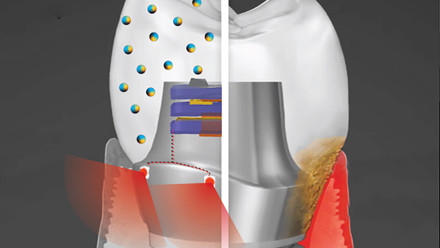Tata Steel to discontinue blast furnace at Port Talbot
Tata Steel has announced that continued blast furnace production at its Port Talbot site, while constructing the new electric arc furnace, is not feasible, leaving unions ‘extremely disappointed’.
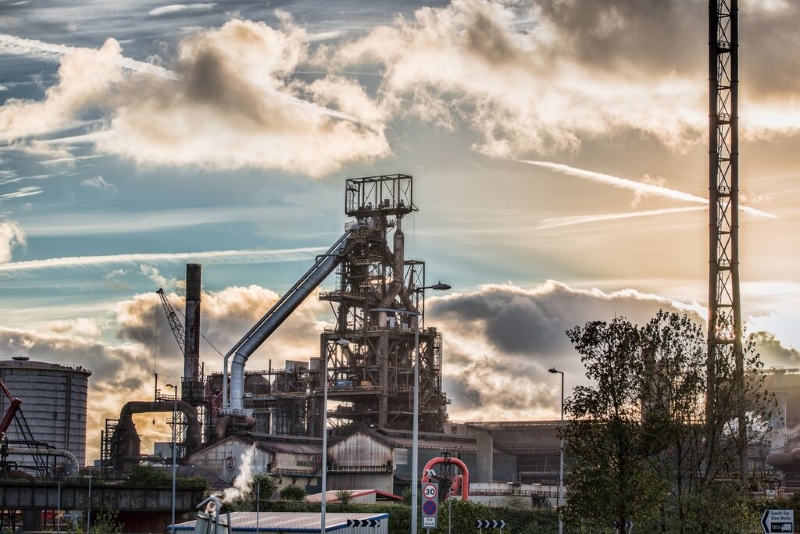
The company states that up to 2,800 employees are expected to be potentially affected, out of which around 2,500 roles would be impacted in the next 18 months.
Tata Steel has said it expects that a further 300 roles could be impacted in three years, which could include the potential consolidation and rationalisation of cold-rolling assets in Llanwern once the required investments are completed at Port Talbot.
Tata adds that is has ‘carefully considered the committee’s endorsed proposal for partial continuity of blast furnace steelmaking assets until electric arc furnace facilities are commissioned in Port Talbot’, but have concluded it is not feasible because:
- The projected operating costs of such a configuration are financially unaffordable.
- Building the electric arc furnace in an already operating steel melt shop would be fraught with risk, significantly increasing costs, creating a sub-optimal plant layout, delaying implementation of the plan and jeopardising the proposed business transformation programme
- The near end-of-life condition and deteriorating operating performance of several heavy end assets in Port Talbot
General Secretary of the Community Trade Union, Roy Rickhuss comments, ‘Tata's announcement today is unacceptable. The decision to plough ahead with the bad deal for steel first announced in September would be devastating for Port Talbot and the wider steel industry, with Britain's primary steelmaking capacity decimated and carbon emissions offshored to heavy-polluting countries.
‘It doesn't have to be this way, and our credible Multi-Union Plan lays out a better path to protect jobs, the economy and our environment. In yesterday’s meeting senior officials from Tata acknowledged that our plan was serious and deliverable, but they would not commit to the additional funding required to make it a reality. They must reconsider, and the UK Government must do much more to deliver the funding to retain our strategic steelmaking capability within the UK.
'The Labour Party has committed themselves to do this, should they win the General Election this year, and it is beyond belief that Tata is ploughing on with their decarbonisation on the cheap plan with these assurances.
‘We will now consult with our members and all options are on the table going forward. We will continue to make the case for our viable alternative to the destructive path Tata have laid out and urge the politicians to deliver the co-investment our steel industry needs for a secure future. We need our steel, and decisions made now will reverberate for generations to come.’
Tata Steel has announced that it will commence statutory consultation as part of its plan to transform and restructure its UK business.
Under the plan, Tata Steel will embark on a £1.25bln investment in electric arc furnace technology in Port Talbot and asset upgrades.
In discussion with the UK Steel Committee, the firm has agreed that it would continue to operate the hot strip mill through the proposed transition period and in future. In addition, the downstream and steel processing centres would continue to serve customers by utilising imported semi-finished steel from Tata Steel plants in the Netherlands and India, as well as other select strategic suppliers.
The UK Government has committed up to £500mln to enable the transformation, while Tata Steel plans to invest £750mln in the project, alongside funding for a comprehensive support package for affected employees, business restructuring and transition costs 'as part of its long-term commitment to UK production'.
The company has said they will endeavour to maximise voluntary redundancies and proposes to commit more than £130mln to a comprehensive support package for affected employees, including redundancy terms, community programmes, skills training and job-seeking initiatives.
The Transition Board set up with UK and Welsh governments is offering £100mln in funding to support affected employees, contractors and communities.
Tata Steel insists the transformation would secure most of the UK’s existing product capability and maintain the country’s self-sufficiency in steelmaking, while also reducing Tata Steel UK’s CO2 emissions by 5Mt per year and overall UK country emissions by about 1.5%.
Port Talbot’s two high-emission blast furnaces and coke ovens would close in a phased manner with the first blast furnace closing around mid-2024, and the remaining heavy-end assets would wind down during the second half of 2024.
The proposal also includes a wider restructuring of other locations and functions across the company, including the intended closure of the Continuous Annealing Processing Line (CAPL) in March 2025.
T V Narendran, Tata Steel’s Chief Executive Officer and Managing Director, says, ‘The course we are putting forward is difficult, but we believe it is the right one. Having invested almost £5bln in the UK business since 2007, we must transform at pace to build a sustainable business in the UK for the long-term. Our ambitious plan includes the largest capital expenditure in UK steel production in more than a decade, guaranteeing long-term, high-quality steel production in the UK and transforming the Port Talbot facility into one of Europe’s premier centres for green steelmaking.'


